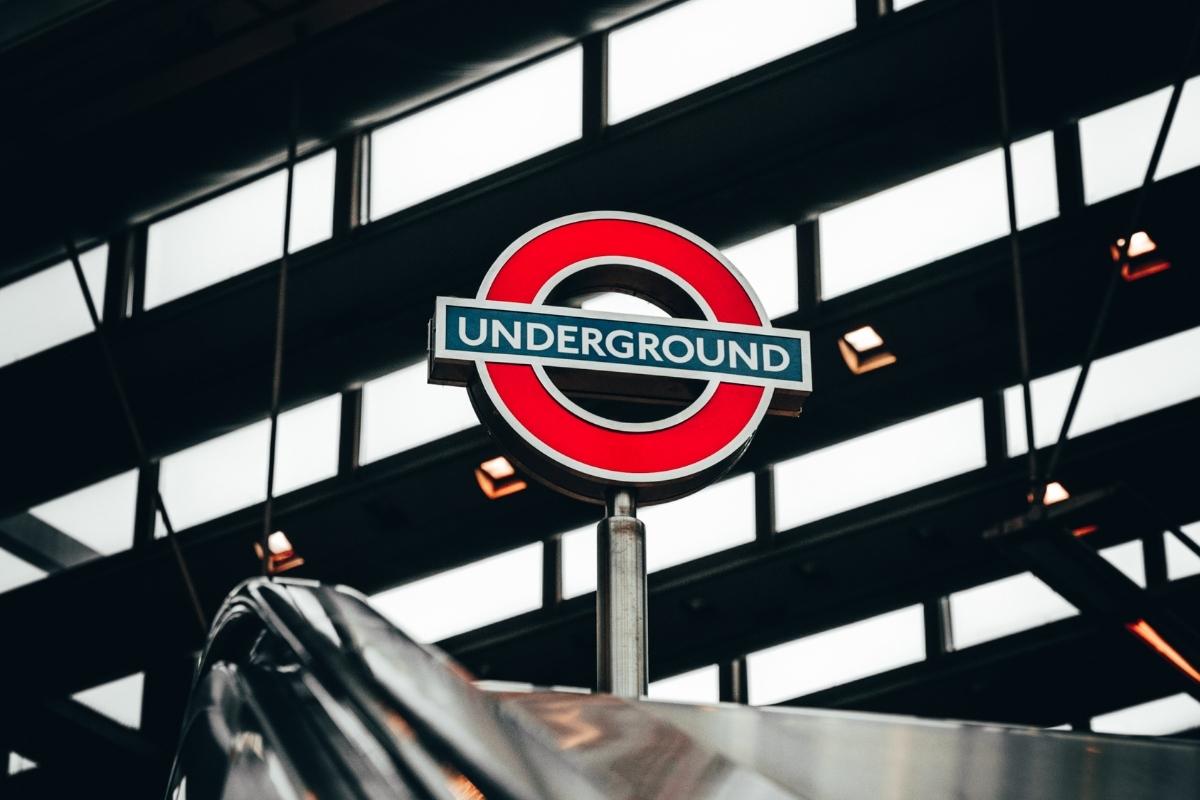Using the cover of a bailout deal, the Tories are going for London’s transport workers and their unions, demanding cuts to jobs and attacks on safety in exchange for central government funds. The whole labour movement must stand up and fight.
Londoners are under attack from the Tories once again. As was the case last year, they are targeting the London public transport system, run at present by Transport for London (TfL), which covers buses, tubes, and many rail lines within the capital.
The Tories have been trying to undermine the London transport network for years now – not least because it is under Labour control. In the May elections this year, Labour’s Sadiq Khan won a second term as London Mayor.
Virtually all other city transport systems around the world are heavily subsidised. But the Tory government has insisted that TfL should be self-financing, with no cash from Westminster.
Incredibly, by 2019, this was largely the case – albeit on the back of ruthless cuts and attacks (attempted and successful) on workers’ pay and conditions. This included a reduction in the quality of the staff pension scheme, alongside sell-offs to big business.
No doubt TfL would have been quite happy to try and continue on this route – one that benefits big business, not working people. Then came the pandemic.
Strings attached
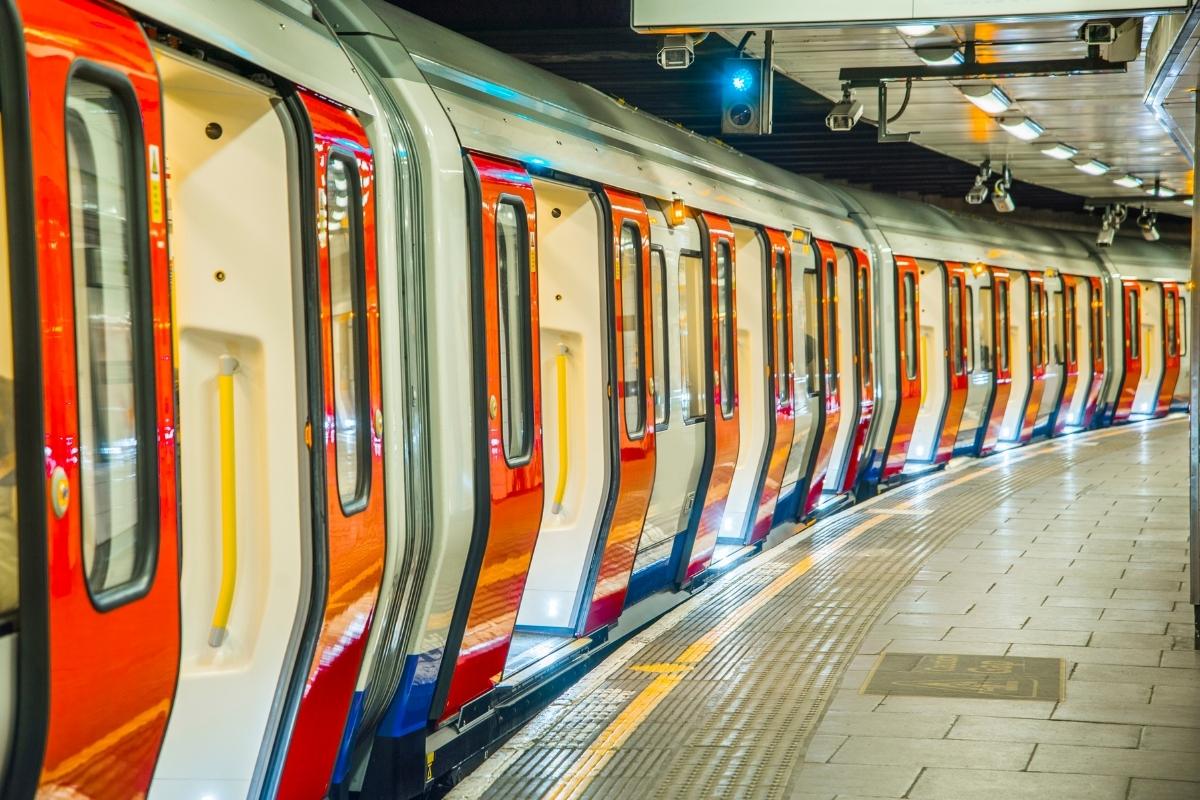
With homeworking in place, retail and hospitality shutting down, tourism non-existent, and people being told not to use public transport, the City was turned into a ghost town. Usage of the network dropped by over 60 per cent, resulting in a massive drop in income. Last summer, TfL faced collapse.
Around the country, the Tories threw billions of pounds at various transport operations to keep them afloat – especially those owned by mates of the Conservative Party. In London, however, it was a different story.
Last year, first in April, then in October, the government held back all emergency funding for TfL until the last possible moment. Vicious terms and conditions were attached to the deals presented, with the promise of more austerity and attacks to follow.
Now the Tory government has returned again and forced a new deal on TfL. This gives the transport system an urgent injection of cash, in return for a number of measures that amount to a serious attack on the network – in particular, on those who work on it, and those who use it.
This deal also only lasts until December. After this, the government will be back with yet more attacks.
Going for the unions
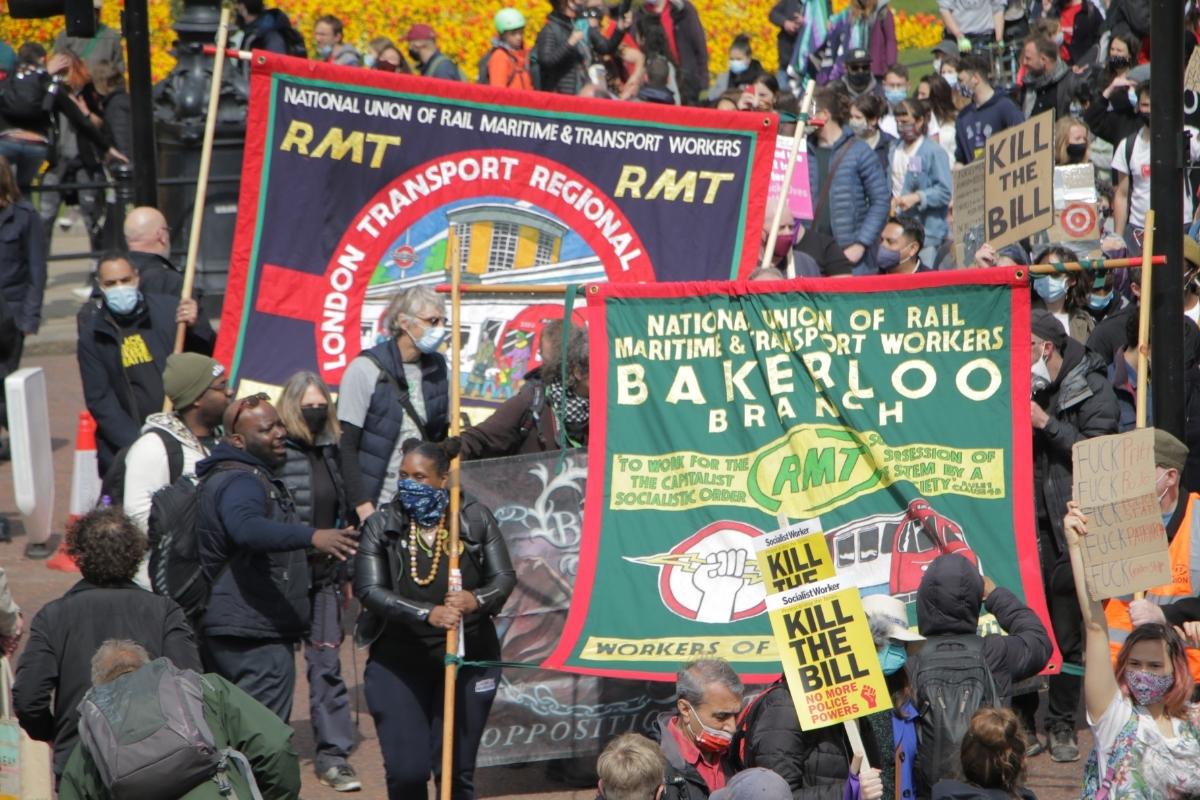
What does this new deal mean? In return for £1.08 billion of government funding, TfL will have to cut services and routes. And, when the next fare rise comes around, ticket prices will have to increase by the rate of inflation plus 1%.
Furthermore, over £300 million in cuts or new revenue must be found by 2022. Expect more sell-offs and rip-off deals with private firms.
This time, however, the main target for the Tories are TfL workers and their unions. These unions, particularly the RMT, have gained a reputation for militancy in recent years. This has earned them the hatred of big business, the capitalist press, and the government.
The Tories have been looking for ways to attack TfL’s unions for a while now. The bailout arrangement provides them with the perfect cover to do so.
For starters, they are freezing all workers’ pay above a certain salary level. In addition, they are demanding further ‘reforms’ (i.e. cuts) to the supposedly ‘generous’ pension scheme.
But the final salary scheme has already been pushed back, along with the abolition of incremental pay rises. This new demand just opens the door to an all-out attack on workers’ terms and conditions.
Jobs and safety
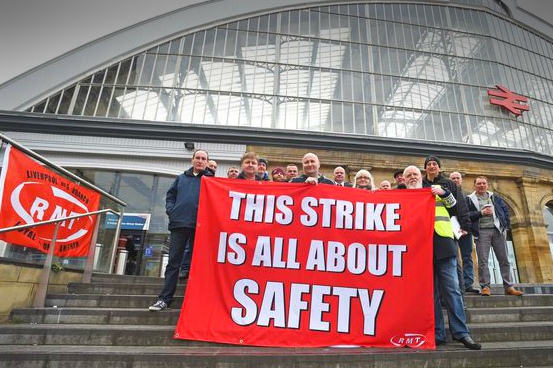
The agreement also raises once again the idea of introducing driverless trains onto the Tube system. The deal calls for one line to become ‘fully automated’ within the next few years. This will mean both job losses and attacks on safety, which could cost lives.
At present, services like the DLR are technically driverless; although a driver is always on the train ready to step in, if needed, and is always present to provide a human eye on what is going on.
The bulk of the DLR network is also overground, whereas the Tube network is not. Driving a Tube train at high speed underground is a complex and skilled operation, requiring people who can act instantly if something is wrong.
With London having some of the deepest and most inaccessible tunnels of any metro system, full of twists and turns, removing human control is a disaster waiting to happen. All to save a few pounds. This must be resisted.
Khan’s capitulation
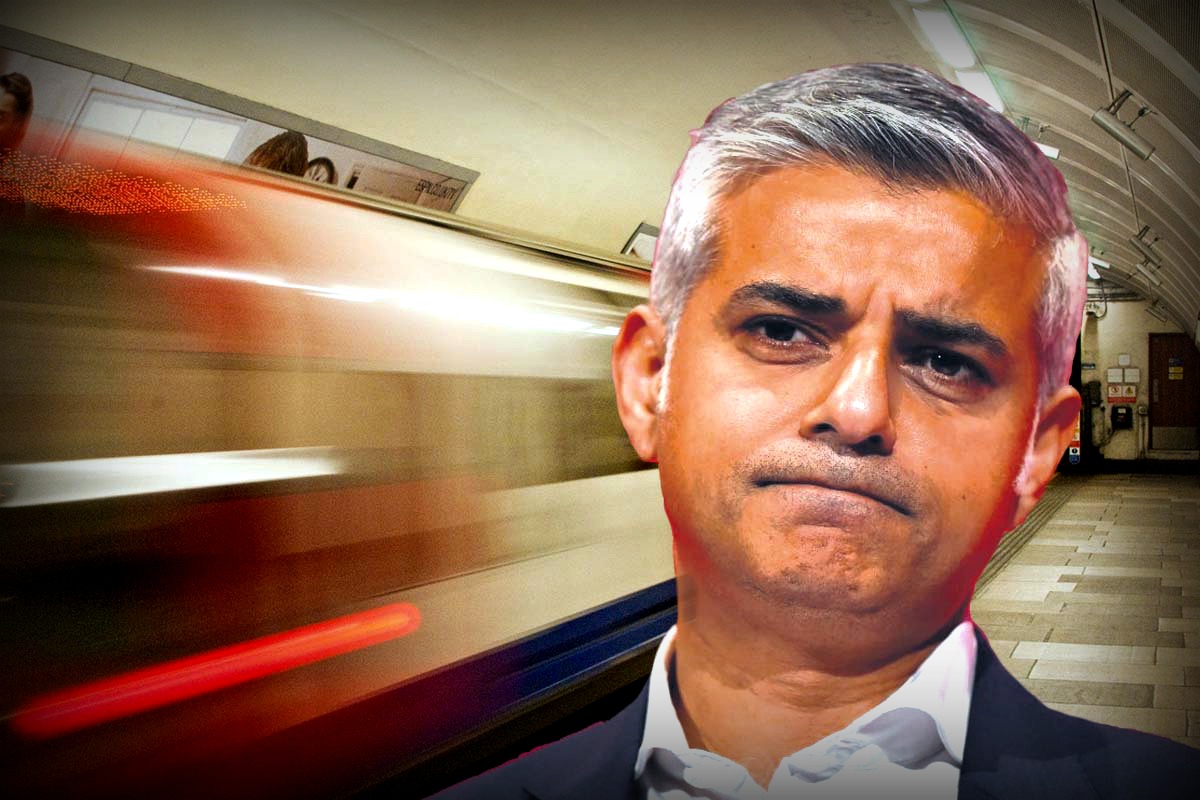
This attack should mobilise all trade unionists and Londoners to unite and fight back. Sadly, the Tories have one asset on their side – the weakness of the London Mayor, Sadiq Khan.
Here is a man who says little and does less. His election manifesto promised so little that the Tories actually gained support in the last few weeks before the May vote.
Khan’s attitude, like that of many Labour councils under attack from cuts, has been to make some mild noises, before capitulating and promising to work faithfully with the Tories.
The Tories knew that Khan would cave-in rather than shut down the whole network last year, and again now.
Indeed, many suspect Khan will actually be quite happy to see the government take on the unions.
Stand up and fight
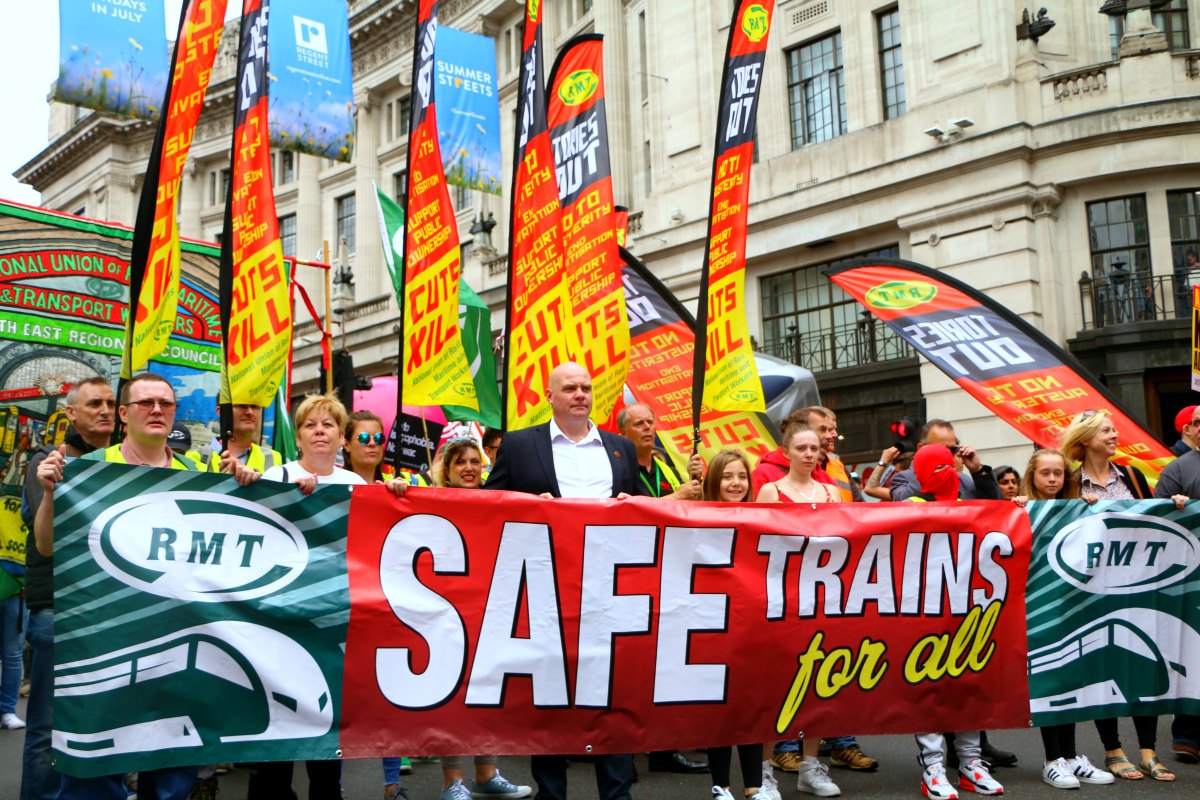
Londoners know that our transport system is essential to the people who live and work here. A successful attack on TfL and its workers will open the doors to further attacks on public services – both in London and elsewhere.
This can be pushed back, however, if the Labour and trade union movement seize the opportunity and mobilise a mass fightback, involving workers in all London boroughs. Unions should be ready to strike as one, and to spread the action far and wide.
Many will be demanding that Labour actually comes off the fence and does something to back such a fight – starting with a call for socialist policies. Capitalism has done untold damage to our city and its infrastructure.
In the 1980s, the Thatcher government targeted the Greater London Council, seeing it as the source of resistance. Now London is under attack again.
A fightback against the Tories over this could spark resistance all over the country, inspiring workers everywhere to take on the government. Instead of offering meek surrender, London must stand up and fight.

